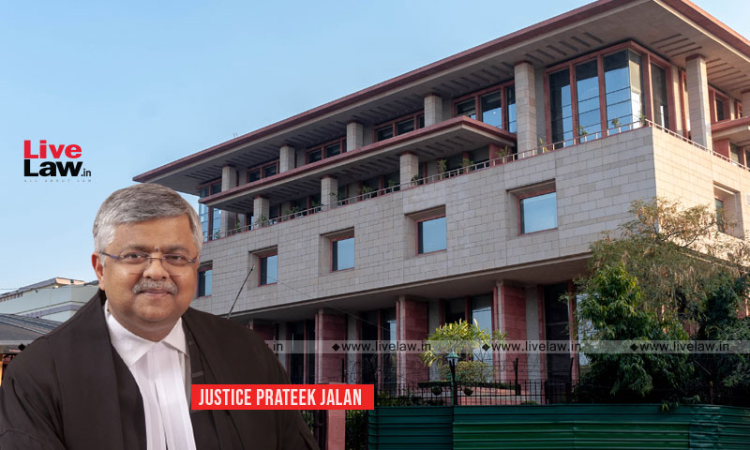The Delhi High Court has ruled that an order passed by the Facilitation Council under Section 18 of the Micro, Small & Medium Enterprises Development Act, 2006 (MSMED Act) after the termination of conciliation proceedings, without taking the dispute up for arbitration or referring it to an institution or centre for arbitration, is a nullity and does not constitute an arbitral...

